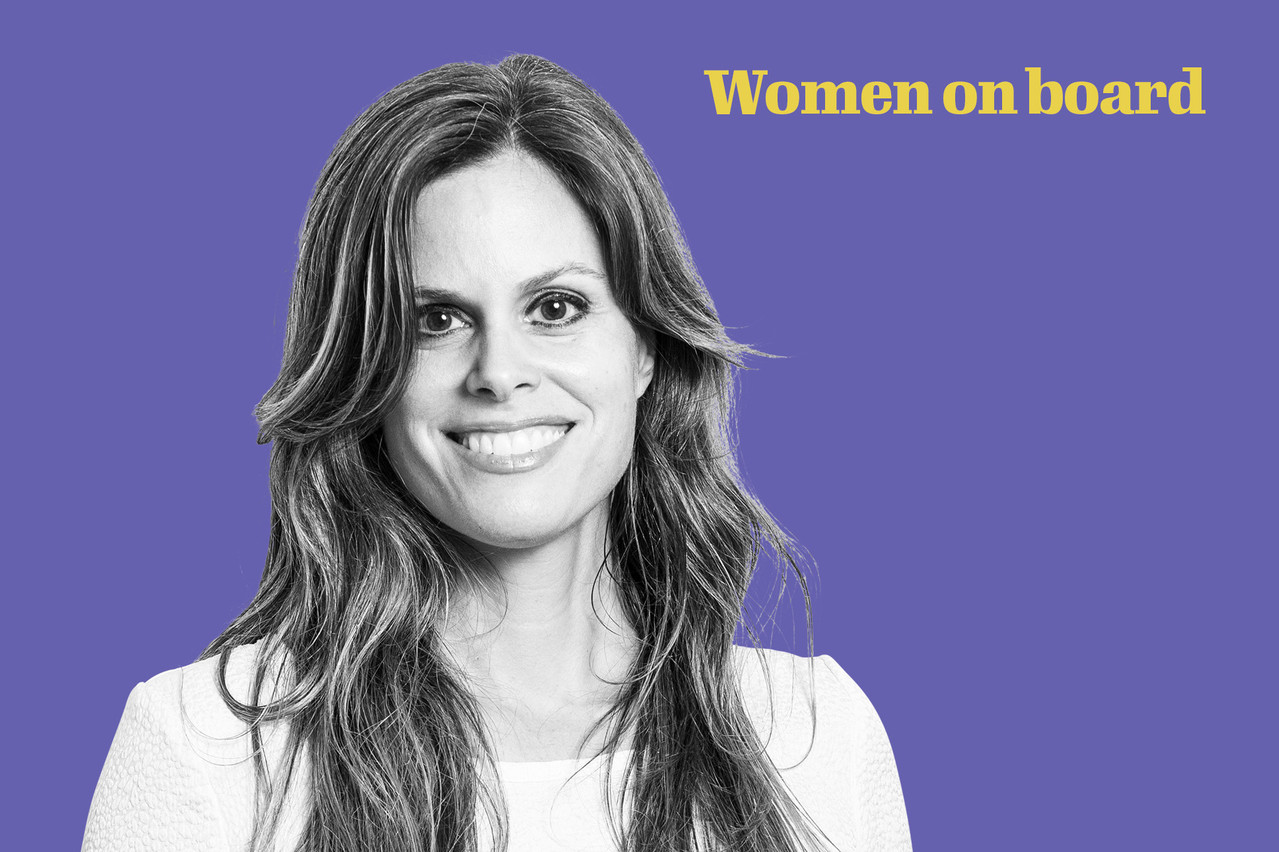Aude Lemogne began her career as a proprietary trader in New York in 1999 for Crédit Lyonnais, specialising in event-based equity strategies. She then set up the European risk arbitrage desk for Millennium Partners in London, before becoming a senior risk arbitrage specialist for ICAP. In 2009, she co-founded Link Management, an art asset management company that manages the acquisition and sale of artworks worth millions of euros, ranging from impressionism to contemporary art, on behalf of private collectors and family offices.
In 2017, Link Management launched, in partnership with the Reyl Group, the art lending company Griffin Art Partners, a securitisation vehicle that structures asset-backed loans using works of art as collateral. Lemogne is currently an independent director for Axa Wealth Europe, Ruffer Sicav (part of Ruffer LLP) and Intesa Sanpaolo Bank Luxembourg.
Paperjam: How do you deal with any resistance or scepticism towards you?
Aude Lemogne: When you join a board of directors, it’s important to ask for the necessary resources for an effective onboarding, and to dedicate time to it. Then, good preparation and informed interventions at board meetings generally neutralise any scepticism.
Do you think that gender equality is progressing on boards of directors?
The recent ILA-KPMG study shows that the percentage of women on boards of directors in Luxembourg is 24%. This is still a very low figure. However, we have to be careful, because it’s not all just a question of figures. In my experience, within boards, female directors impose their point of view without difficulty and some of them are even rather “opinion leaders.”
As a female director, do you feel a particular responsibility to champion issues of parity and inclusion?
As an individual, I continue to advocate the importance of inclusion, which goes far beyond gender. In particular, I believe that boards should consider offering mandates to younger directors, who bring new skills and expertise that are going to be increasingly essential in a world undergoing profound change.
This article was originally published in .
